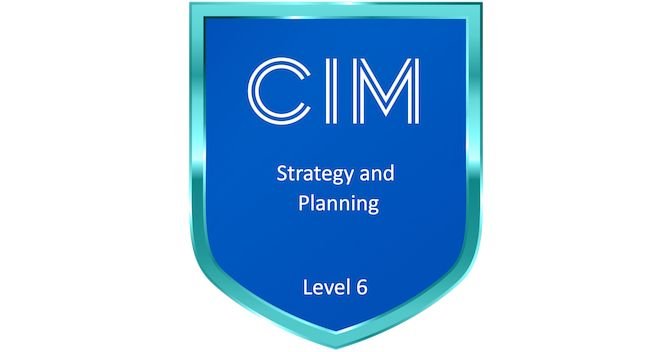
Lecture Title: Customer Analysis
Lecture Title: Strategic alliances and networks
· Outline:
o Defining strategic alliances and networks and their growing importance in competitive strategy.
o Drivers for forming strategic alliances and networks (e.g., market access, resource sharing, risk reduction, technology acquisition).
o Different types of strategic alliances (e.g., joint ventures, equity alliances, non-equity alliances).
o Characteristics of successful strategic alliances and networks (trust, commitment, communication, shared goals).
o The role of marketing within strategic alliances and networks.
o Managing the complexities of alliances and networks: partner selection, governance, conflict resolution.
o The strategic implications of network structures for competitive advantage.
o Evaluating the performance of strategic alliances and networks, as discussed by Hooley et al.
· Learning Outcomes:
o Knowledge: Understand the concepts of strategic alliances and networks, the reasons for their formation, and the different types and characteristics of successful collaborations (IFATE: K1, K6).
o Skills: Be able to analyze the strategic rationale for alliances, identify key factors in partner selection and management, and understand the role of marketing within these collaborative structures (IFATE: S1, S3).
o Behaviours: Demonstrate a collaborative mindset, an understanding of the importance of building and maintaining relationships, and strategic thinking in leveraging alliances for competitive advantage (IFATE: B1, B4).
Lecture Title: Strategy implementation and internal marketing
· Outline:
o The importance of effective strategy implementation for marketing success.
o Key elements of successful marketing strategy implementation: organizational structure, resource allocation, skills and capabilities, internal communication, reward systems.
o Understanding the concept of internal marketing: viewing employees as internal customers.
o The role of internal marketing in aligning employees with marketing goals and customer needs.
o Developing an internal marketing plan: internal communication strategies, training and development, motivation and engagement.
o Aligning internal marketing efforts with external marketing strategies.
o Overcoming internal barriers to strategy implementation.
o Measuring the effectiveness of strategy implementation and internal marketing, as discussed by Hooley et al.
· Learning Outcomes:
o Knowledge: Understand the critical factors for successful marketing strategy implementation and the principles and importance of internal marketing (IFATE: K1, K6).
o Skills: Be able to analyse organizational factors that facilitate or hinder strategy implementation and develop an internal marketing plan to support external marketing objectives (IFATE: S1, S3).
o Behaviours: Demonstrate an understanding of the importance of internal alignment and employee engagement in achieving marketing success and the ability to foster a customer-centric internal culture (IFATE: B1, B4).